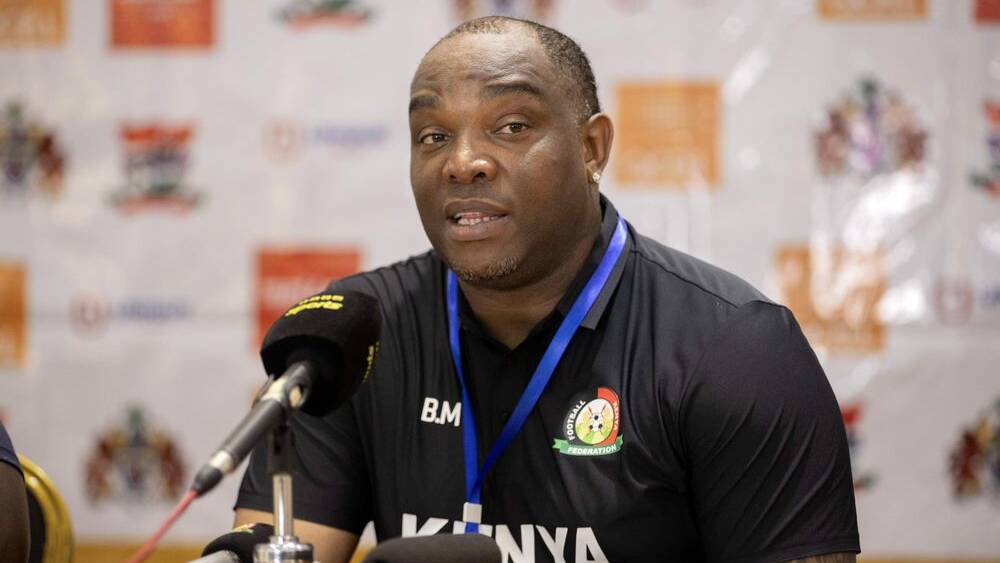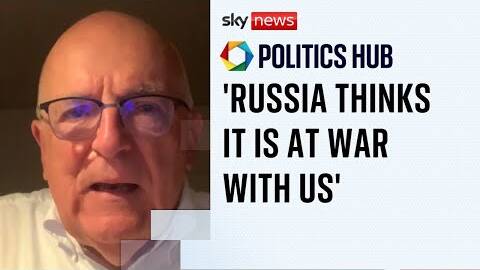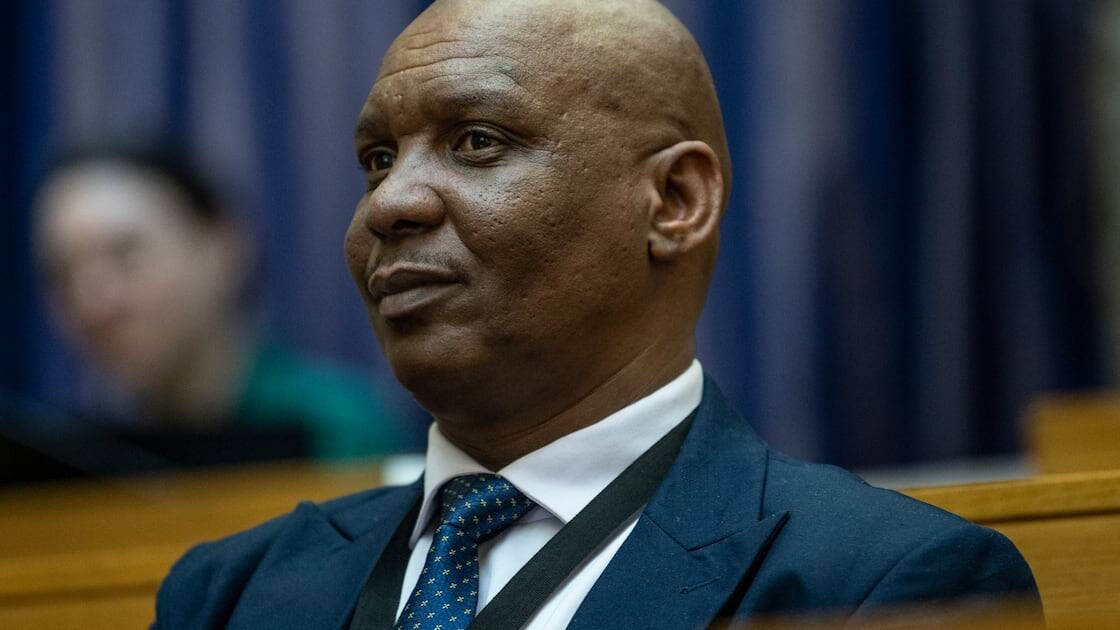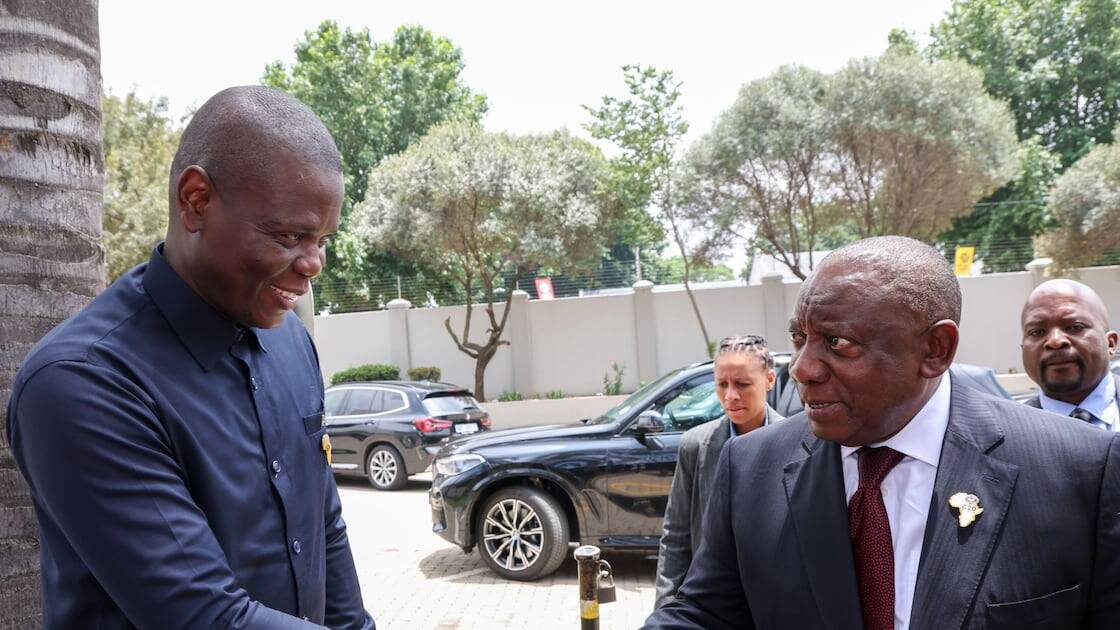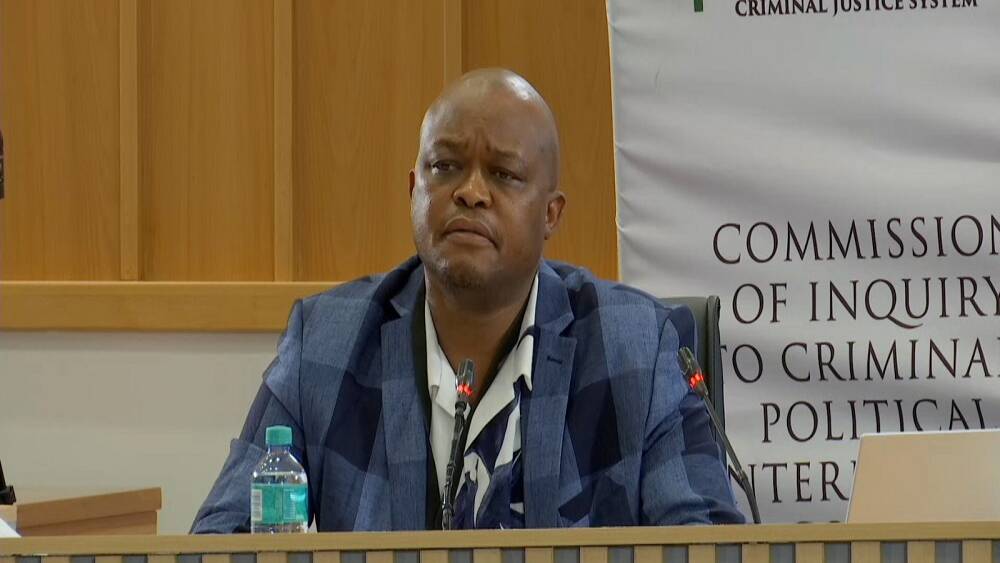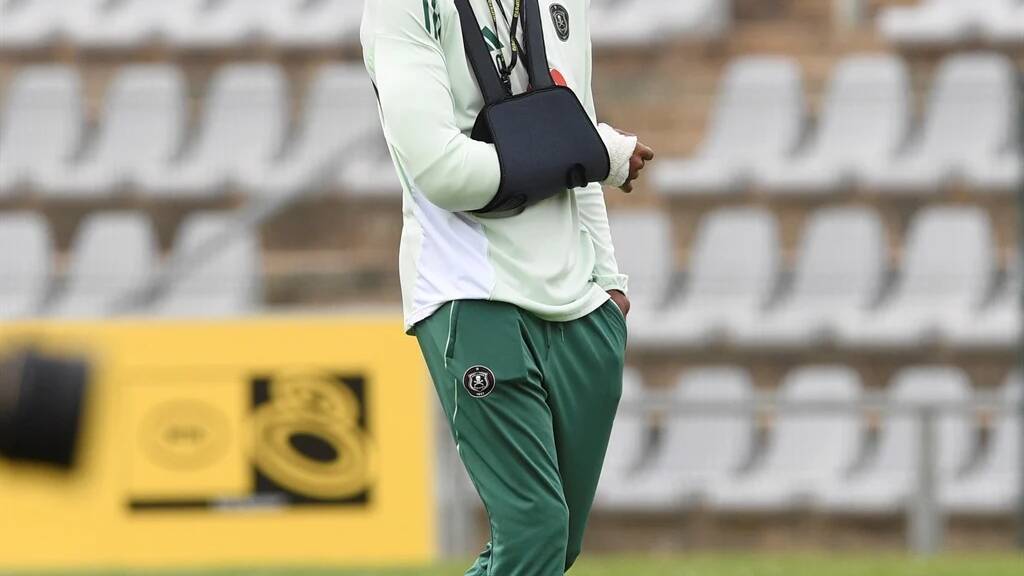Steve Rosenberg: Kremlin tight-lipped on leaked plan - but advises Kyiv to accept
BBC | 21.11.2025 22:57
It was quite a contrast.
On Thursday, a US Pentagon delegation was in Kyiv. They were talking to President Zelensky about a draft plan to end the war in Ukraine.
The same day, on Russian state TV, President Putin was in military fatigues. He was talking to his army chiefs about fighting on.
"We have our tasks, our goals," the Kremlin leader declared. "The chief one is the unconditional achievement of the aims of the special military operation."
The Izvestia newspaper called President Putin's visit to a command post "a signal to America that he's prepared to negotiate on Ukraine, on Russia's terms."
Which brings us back to the peace plan.
The Kremlin claims it "hasn't received anything official" from Washington. But a 28-point proposal has been widely leaked and reported on - and widely interpreted as favouring Russia's peace terms.
What's more, the reported plan appeared after a visit to America by President Putin's envoy Kirill Dmitriev. He took part in three days of discussions in Miami with President Trump's special envoy Steve Witkoff.
According to drafts of the peace proposal widely available, Ukraine would cede to Russia parts of the Donbass still under Kyiv's control; the Ukrainian armed forces would be reduced in size and Ukraine would vow not to join Nato.
The Kremlin won't confirm the contents. But it's advising Kyiv to agree terms.
"The Russian military's effective work should convince Zelensky and his regime that it's better to strike a deal and do it now," President Putin's spokesman Dmitry Peskov told journalists on a Kremlin conference call.
A peace proposal does not automatically mean peace.
What if there's no agreement?
Pro-Kremlin commentators insist that, deal or no deal, Russia will prevail.
"Everyone thought that the idea of a peace deal had sunk in a swamp," wrote Russian news outlet Moskovsky Komsomolets. "But suddenly, a rocket has shot out of this bog with a new, or rather an 'old new' peace plan, with something of the Alaska summit about it. It shot out like a jack in the box.
"How long and how far will this missile fly? Will it crash, sabotaged by Europe and Kyiv? Even if the launch is a false start, it's unlikely to change the general trend. The balance of power is shifting in Russia's favour."
But after nearly four years of war Russia is under pressure, too. Since its full-scale invasion of Ukraine, not only has Russian's army suffered huge losses on the battlefield, but back home the economy is faltering. Russia's budget deficit is growing, revenues from oil and gas falling.
"Russia's industry is somewhere between stagnation and decline," declared the broadsheet Nezavisimaya Gazeta this week.
It's unclear, though, whether economic pressures will change President Putin's calculations and convince him that now is the moment to end his so-called special operation: even on terms that many believe benefit Moscow.
Many. But not everyone.
Some elements of the peace plan haven't gone down well in Russia. Some reports suggest that Ukraine could be offered security guarantees modelled on Nato's Article 5. That might commit Western allies to treat any future Russian attack on Ukraine as an attack on the transatlantic community as a whole and trigger a combined military response.
"This is, in effect, Ukraine in Nato," wrote Moskovsky Komsomolets, "only without the deployment of bases and weapons on its territory."
The full details of the peace plan have yet to be confirmed. We may be entering another period of intense diplomacy.
For now, though, Russia's war on Ukraine continues.
